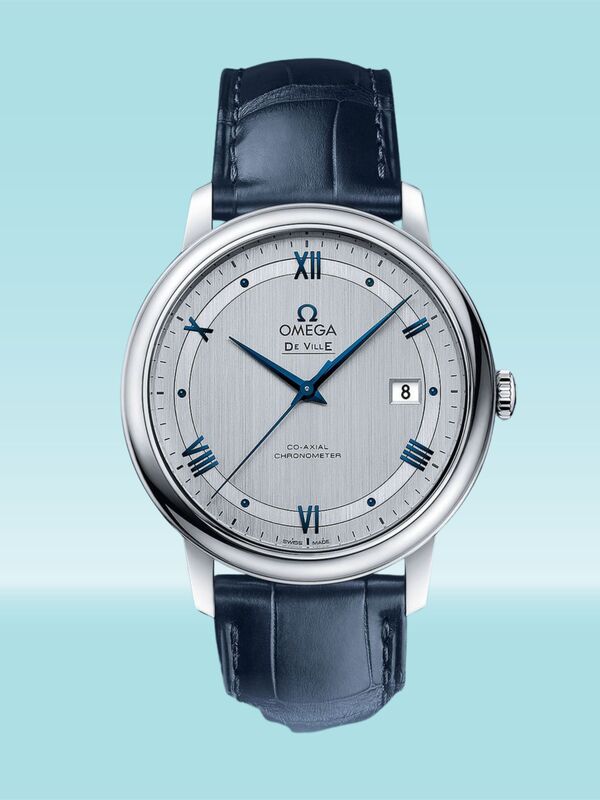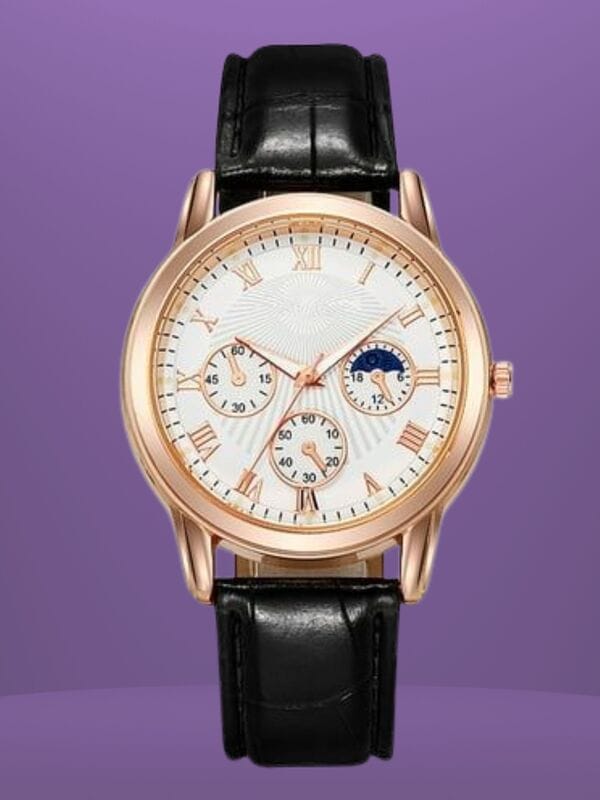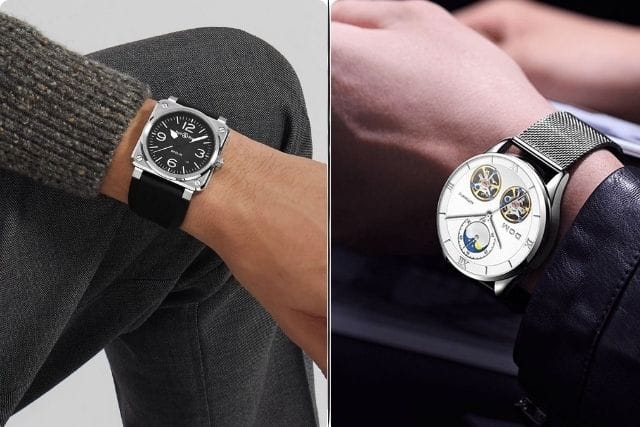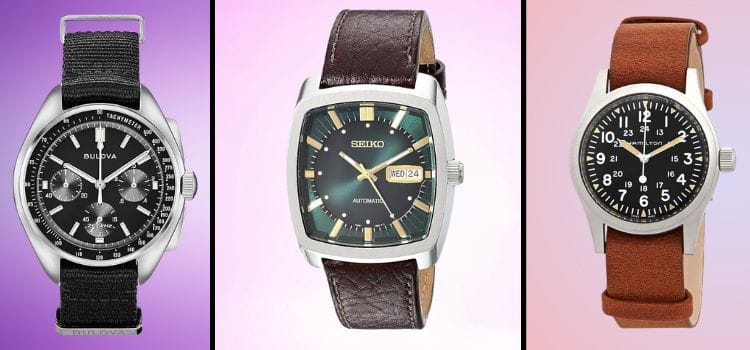Automatic vs Mechanical Watches: Key Differences Explained

As an Amazon Associate, I earn from qualifying purchases
When it comes to choosing a watch, there are many factors to consider, including the type of movement it has. Automatic and mechanical watches are both popular choices, but they have their differences.
In this blog post, we will explore the battle of automatic vs mechanical watches, discussing the pros and cons of each and helping you make an informed decision when choosing your next timepiece.
The History and Evolution
Watches have come a long way in their development, with both automatic and mechanical movements playing essential roles in their history. Mechanical watches have been around for centuries, driven by a complex system of gears and springs to keep time. These watches require regular winding to maintain their accuracy.
On the other hand, automatic watches, also known as self-winding watches, were introduced in the early 20th century and use the natural motion of the wearer’s wrist to keep the watch wounded. This innovation made it more convenient for wearers as they no longer needed to wind their watches manually. The choice between the two ultimately comes down to personal preference and lifestyle.
As technology continues to advance, the development of these timepieces will continue to evolve, offering watch enthusiasts a wide range of options to choose from.
Automatic Watches: The Practical Choice

In today’s fast-paced world, practicality is often a top consideration when making any purchase. And when it comes to watches, automatic movements offer the convenience of not having to wind your watch daily.
This makes them an ideal choice for those with busy lifestyles or who travel frequently and may need more time for daily winding rituals. Plus, with automatic watches, you don’t have to worry about forgetting to wind your watch and losing track of time.
The self-sufficiency of these timepieces resonates with the modern man who’s constantly on the move.
Pros
- Convenient self-winding mechanism
- Low maintenance
- It can run for days without being worn, thanks to the power reserve feature
Cons
- It may require regular servicing every few years
- More expensive than mechanical watches due to added technology
Mechanical Watches: The Allure of Craft

While automatic watches may offer convenience, there is a certain charm and allure behind traditional mechanical movements. Each movement is crafted by skilled watchmakers with meticulous attention to detail and precision.
For many watch enthusiasts, the artistry behind mechanical watches is what draws them in. And let’s not forget the satisfying feeling of winding a mechanical watch and carefully setting the time each day – it’s a ritual that connects one to the rich history of watchmaking.
Pros
- Crafted with intricate details by skilled watchmakers
- Connection to the art and history of watchmaking
- It can last for decades with proper maintenance
Cons
- Require daily winding to maintain accuracy
- Less practical for those with busy lifestyles or who travel frequently
The Price Point
Automatic watches usually have a higher price point compared to mechanical watches due to the added technology and convenience they offer.
However, this does not mean that mechanical watches are more affordable options. Some high-end luxury mechanical watches can cost significantly more than automatic watches.
Popularity and Trends
Currently, automatic watches are more popular and widely used compared to mechanical watches. This is due in part to the convenience they offer and the advancements in technology that have made them more reliable and accurate.
However, there has been a resurgence of interest in mechanical watches in recent years as watch enthusiasts appreciate the craftsmanship and heritage behind these timepieces.
The Future in the Watch Industry

Both automatic and mechanical watches will continue to have a place in the watch industry. Automatic watches may offer convenience, but mechanical watches have a loyal following that appreciates their traditional charm and connection to history.
As technology continues to advance, we’ll likely see more innovations and advancements in both types of movements, making them even more desirable for watch enthusiasts.
Maintenance and Care Tips
Regardless of which type of watch you choose, proper maintenance and care are essential to keep your timepiece running smoothly. For automatic watches, it’s crucial to regularly wear them or use a watch winder to ensure they stay worn.
It’s also recommended to service them every few years to maintain their accuracy. As for mechanical watches, daily winding, and regular servicing are necessary to keep them in good working condition.
Conclusion- Automatic vs Mechanical Watches
In the battle between automatic and mechanical watches, there is no clear winner. Both have unique features and charm that make them desirable to different types of watch enthusiasts. Whether you prefer convenience or craftsmanship, there’s a watch out there for you.
So, next time you’re in the market for a new watch, consider the history and evolution of automatic and mechanical watches before making your choice. Happy shopping! 🙂
FAQ
The main difference is how they are powered. Automatic watches are powered by the movement of the wearer’s wrist, while mechanical watches are powered by winding the crown manually.
Generally, automatic watches tend to be more accurate than mechanical watches, as the movement of the wearer’s wrist keeps the watch wound and running consistently.
Automatic watches are typically more expensive than mechanical watches, as they require more intricate engineering and technology to function.
Automatic watches also require regular maintenance, such as servicing and oiling, to ensure they continue to function properly.
It is generally not recommended to swim with either type of watch, as prolonged exposure to water can damage the internal mechanisms. It’s best to remove the watch before swimming or engaging in water activities.
As an Amazon Associate, I earn from qualifying purchases









